Submission Requirements for accepted Original Articles
- All submissions should follow the style found in the Turabian manual for writers.
- Articles will not be considered for publication if they have been previously published in English or are currently being considered for publication elsewhere. Articles will be double blind-reviewed: therefore, no material identifying the author should appear anywhere.
- Contributors should include at the start an abstract of around 100–150 words. There should also be a list of 4–6 key words. Including this abstract (and all footnotes), articles should not normally be longer than 10,000 words in length, although longer articles may occasionally be considered by the Editors.
- All Hebrew and Greek should also be transliterated and translated.
- Scripture references must be two-letter abbreviation, no period: e.g., Ge 1:27; Mt 28:20; Ro 3:23; 1Pe 2:10; 1Jn 3:2.
- Contributors must follow US spelling conventions. Direct quotations should, however, follow the spelling, punctuation, and capitalization of the original.
- Articles should be formatted at line-and-a-half spacing, in 12-point font (10-point font for footnotes), and a margin of 1 inch all round.
- Stylistic note: ensure proper utilization of en dash “–” and em dash “—” punctuation. See SBL Handbook of Style
- Submit Articles on the “Submission Page” tab.
Footnotes should be numbered sequentially, and references should follow these formats:
1 John Webster, Confessing God: Essays in Christian Dogmatics II, 2nd ed. (London New Delhi New York Sydney: T&T Clark, 2016), 67.
2 Richard A. Muller, “Incarnation, Immutability, and the Case for Classical Theism.” The Westminster Theological Journal 45, no. 1 (1983): 22–3.
3 Paul Helm, “Impassionedness and ‘So-Called Classical Theism’,” in Within the Love of God: Essays on the Doctrine of God in Honour of Paul S. Fiddes. (Oxford: Oxford University Press, 2014), 147–48.
4 Dolezal, God without Parts, 131n13.
5 Duby, “Divine Action,” 372.
The selection process is comprised of the following components:
- Once the submission is received by the managing editor, he will do an initial check of the submission, and then forward it (without the author’s name/institution) to two peer reviewers in the field that corresponds to the submission’s topic/content matter.
- The peer reviewers will review the entry and give feedback within six to eight weeks of receiving the submission.
- The peer reviewers will make one of four recommendations: 1) Do not publish; 2) Revise and resubmit; 3) Publish, but with recommended substantial changes/additional research; 4) Publish with light changes to style and grammar.
- Once the managing editor receives the recommendations from the reviewers, the managing editor will contact the author of the submission and notify him/her of the decision on their article and discuss possible future steps if applicable.
- Depending on the workload and/or expertise needed due to the subject matter of the manuscript, submissions may be referred to outside experts. Prior to publication, each issue will go through an external review process to ensure adherence to the highest standards of scholarship and quality of presentation.
Submission Requirements for Accepted Book Reviews
The selection process for book reviews are assessed in a different manner. The Book Review Editors generally solicit reviews from individual authors on books the Editors select. Book Reviews need to be 1,000–3,000 words (Lengthier tomes may be allowed up to 6,000 words, which will be up to the Review Editors’ discretion).
Book Reviews of Ancient Works
Because JoCT’s vision is a retrieval of the Great Tradition, the Book Review Editors will be accepting solicited and unsolicited reviews of obscure ancient works. The review submission needs to 1) be a summary/exposition of an obscure and/or re-discovered work; and/or 2) analyzes how the particular piece addresses areas of dogmatic tension or fills a gap in an underdeveloped aspect of classical theology within the modern theological context. The purpose in this approach to the Book Review process is to foster a robust retrieval of classical theology, by bringing interest to neglected and/or unknown works that contribute to the advancement of the Great Tradition in modern theology. Depending on the ancient work selection and/or subject matter, submission requirements for these review pieces may follow the Original Article guidelines.
